Results

Leprosy is the oldest disease in the world. Sadly, hundreds of thousands of people are still diagnosed with it ever year. We are now entering 2020 and I believe that, in the next 15 years, we will end transmission by 2035.


In recent months, we have heard plenty about how contact tracing is a key weapon in the fight to bring an end to the Covid-19 pandemic. The same is true for leprosy,.
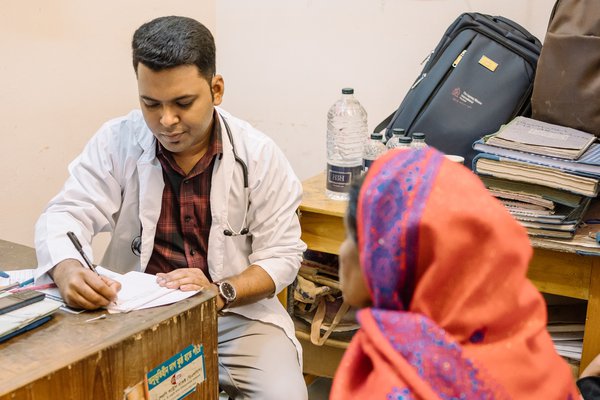
Understanding the transmission of leprosy will help us to combat transmission of the disease, as well as other problems associated with leprosy.

Here are some of the more unusual things about the transmission of the disease.
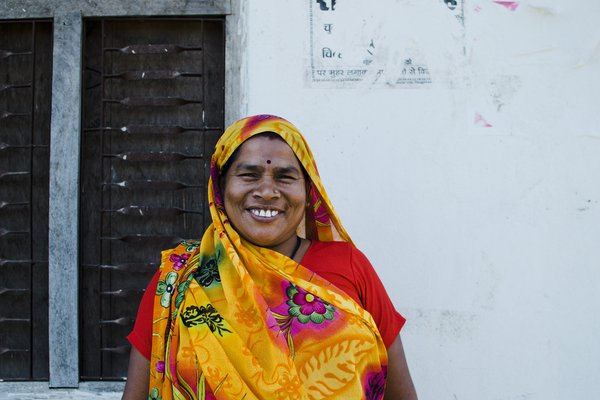
We believe we can end the transmission of the disease by 2035 and one of the crucial new tools to help us achieve this is PEP (Post-Exposure Prophylaxis).
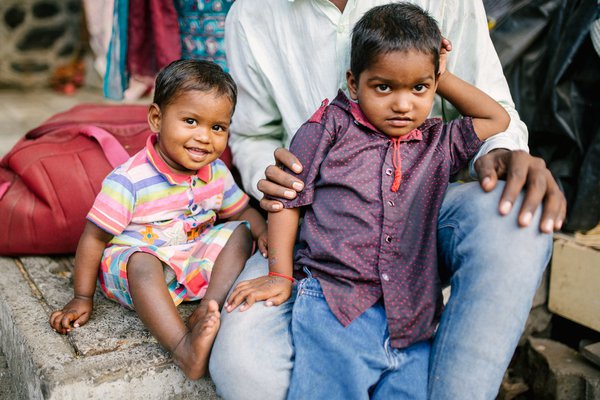
We want to raise the voice of people affected by leprosy and other NTDs. Their plight could be avoided through the eradication of poverty.
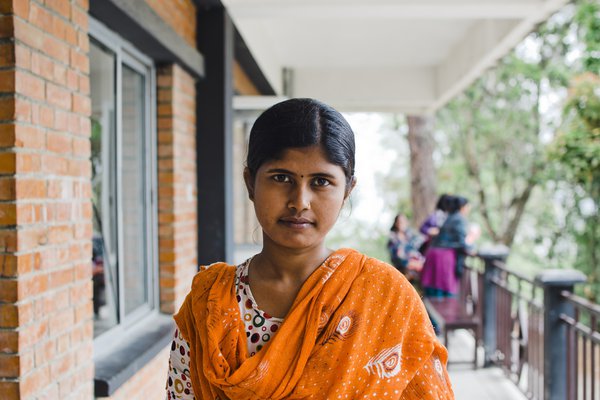
Are we still on course to achieve our goal of zero transmission by 2035? In short, yes.
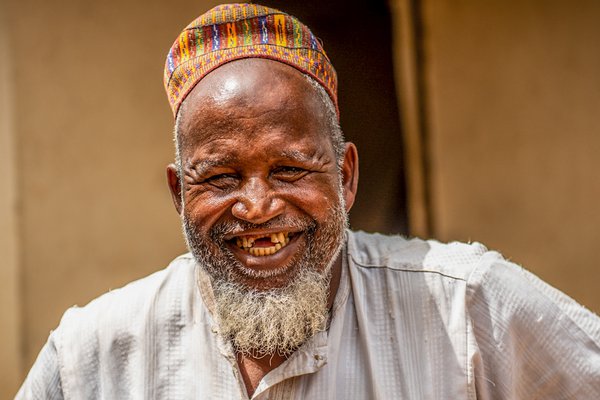
After thousands of years of the disease ruining lives, we are now on the edge of defeating leprosy. Here are three reasons we believe we can, with the right resources, end the transmission of leprosy by 2035.

The TLM Myanmar team found that the best way to raise awareness, defeat stigma, and increase the number of leprosy cases they found was to hear the stories of persons affected by leprosy.
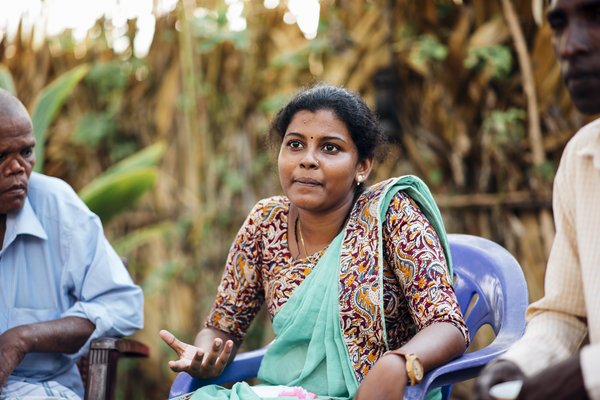
Within the leprosy sector, governments are a crucial and necessary partner on our journey to a world without leprosy. But what is expected from governments?
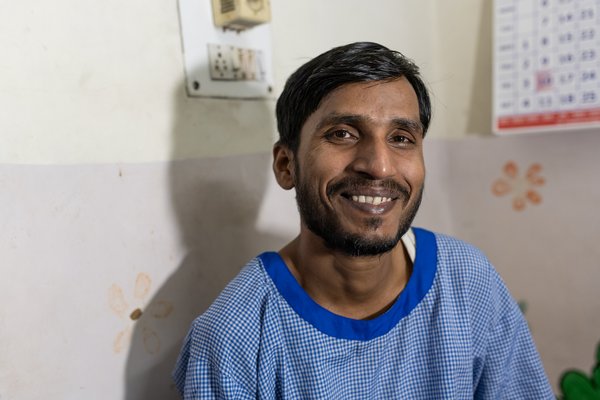
How does a broader medical focus help us to achieve our goal of zero leprosy? Dr Rajeev Nathan, Medical Superintendent of TLM Community Hospital, New Delhi, explains more.

Leprosy Peoples’ Organisations must find themselves at the heart of efforts to defeat leprosy in the years to come.

In this article, we aim to equip you with all the information you need if you are worried about leprosy in Florida or elsewhere.

Leprosy has been found in animals in different locations across the world, including in nine banded armadillos, red squirrels, and chimpanzees.
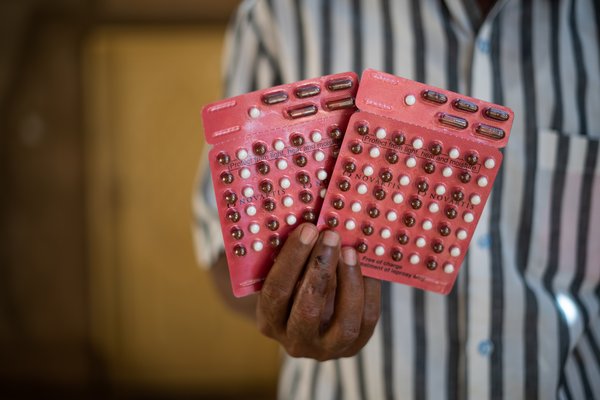
Leprosy is entirely curable if a person starts treatment as soon as they notice symptoms and if they follow the treatment plan that is given to them by a health worker.
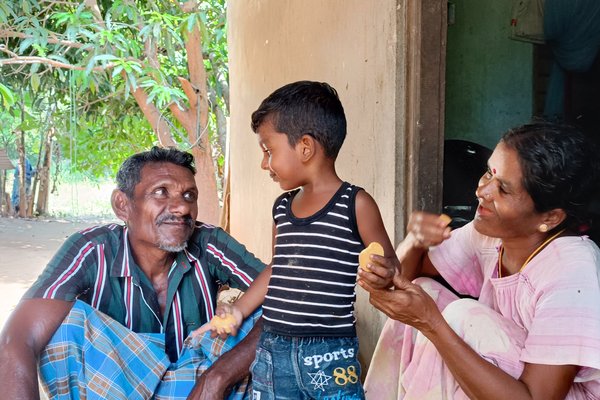
Leprosy is not hereditary, meaning it is not passed down through the genes from a parent to a child.
Leprosy is caused by a germ
There is less than a 2 percent chance that a person who has been recently diagnosed with leprosy has passed the disease on to other people in their household.
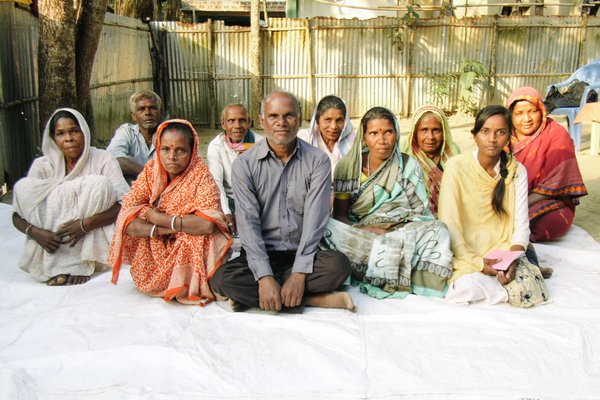
A look at the AEP Project in Bangladesh, which is improving awareness of leprosy through the government, the media, and self-help groups across the country.
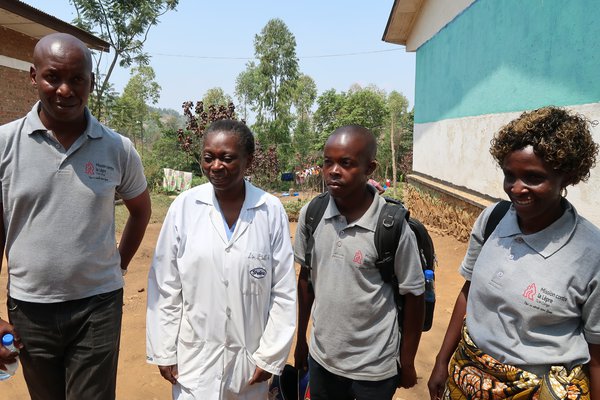
A look at a project in the Democratic Republic of the Congo that is piloting an integrated approach to controlling leprosy, Buruli ulcer and yaws.